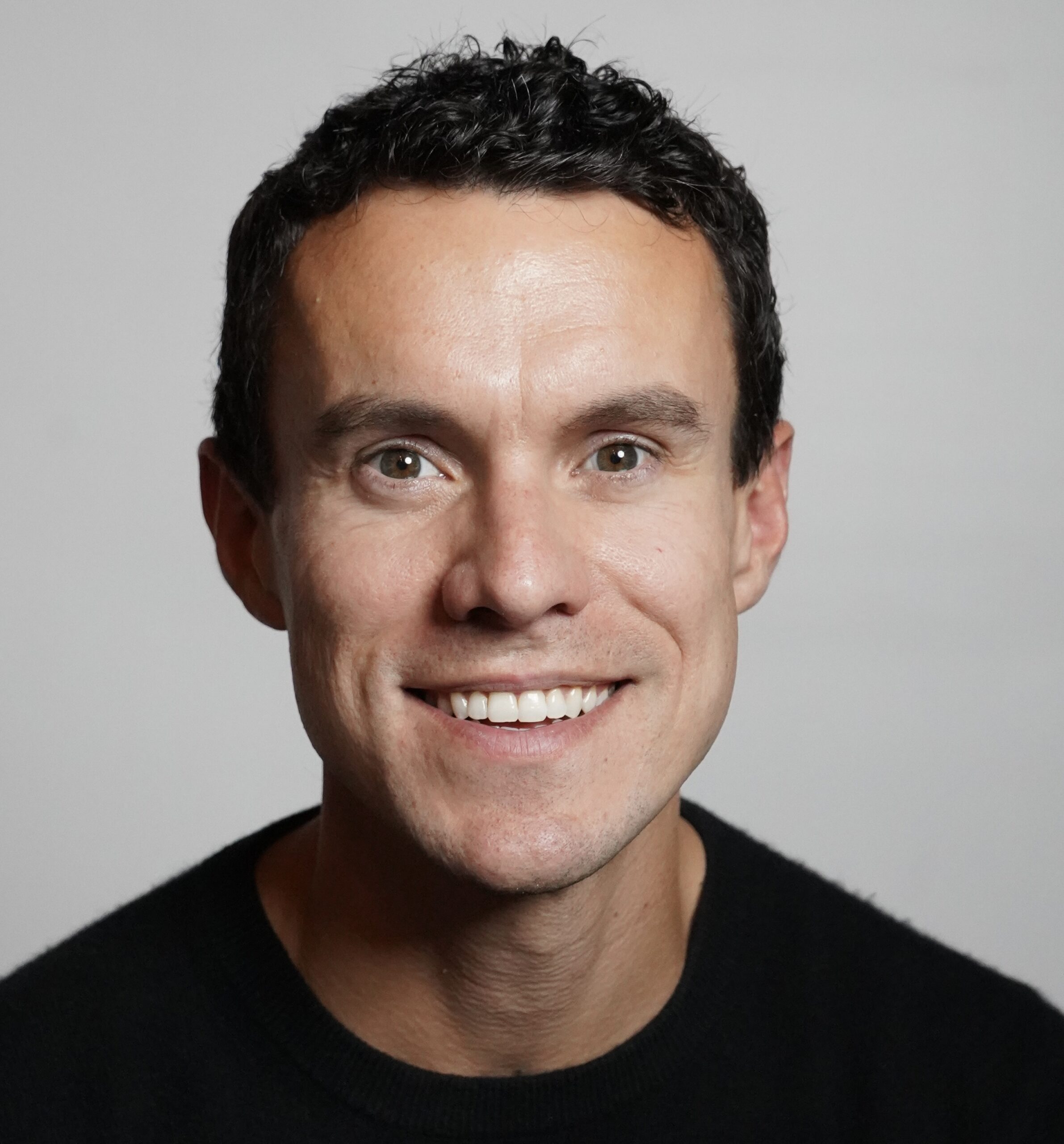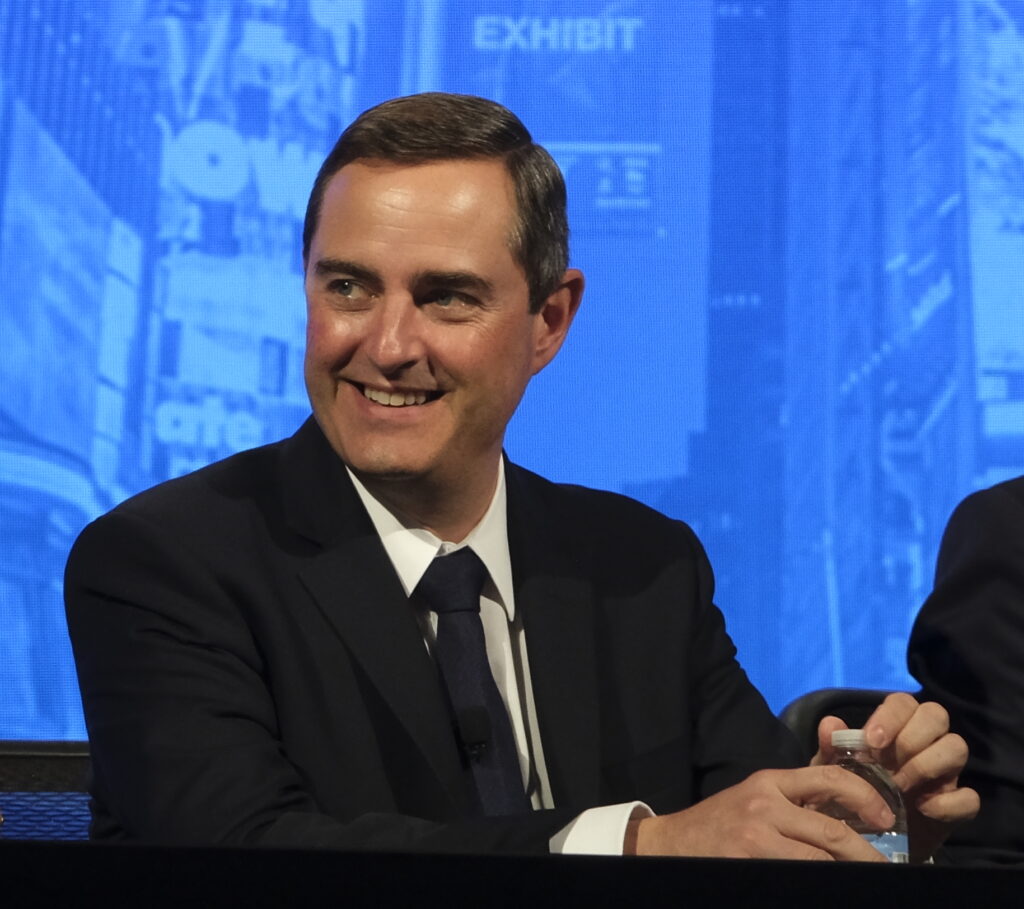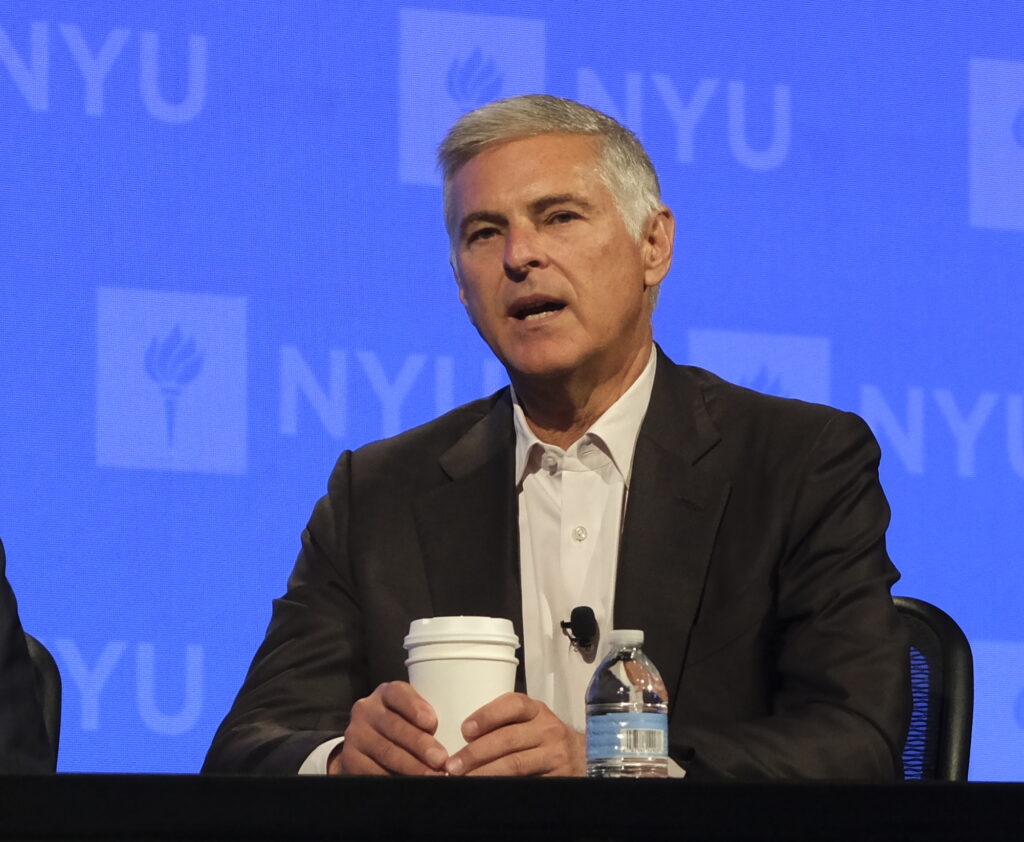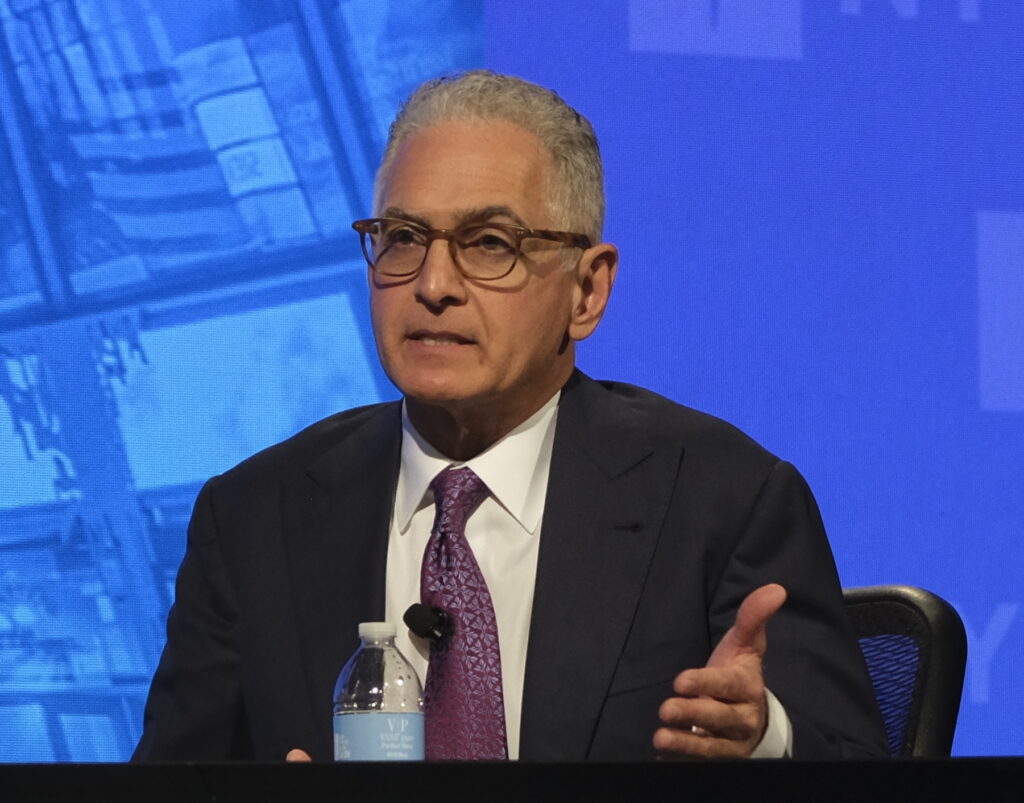
by Josiah Mackenzie
Founder & Publisher, HotelOperations.com
After getting his start in hospitality working at the front desk of a small property on the California coast, Josiah held leadership roles at companies serving tens of thousands of hotels around the globe with operations, revenue, and investment management before founding HotelOperations.com.
It’s never been a better time to be a hotel operator – if you look at the big picture.
In a world filled with headlines of staffing challenges, inflation, and economic uncertainty that might sound like a stretch. But after spending a few days at the NYU Hospitality Investment Conference, I’m more optimistic than ever about both the short and long-term prospects of our business.
Let’s start with the big picture and then get into some of the opportunities and trends to watch for hotel operators.
A bright future in both the short and long-term
Reading the news and participating in the markets as an investor too often makes you want to unplug from it all and go live a monastic life in the wilderness. But listening to hospitality leaders, investors, strategists, and bankers at NYU reveals hospitality as a bright spot in a cloudy world.
A changed consumer

“Travel is one of the last things people will stop spending on,” IHG CEO Keith Barr said.
Sloan Dean, CEO of Remington Hospitality, made the case for the change in consumer spending patterns being permanent. “The Great Depression changed our grandparent’s psyche. In the same way, Covid will drive lasting change for millennials in what they value.”

“Consumers are not taking travel for granted anymore. They are not assuming it will always be readily available.”
Marriott CFO Leeny Oberg
Flexible work arrangements for many haven’t hurt. “Fridays are flexible and it’s like the weekend has increased by 50%,” said Margaritaville CEO John Cohlan.
Rebounding group travel

“Group business is raging,” said Hilton CEO Chris Nassetta. “Pre-COVID 80% of our business was SMEs. They were quite resilient and now they’re back over COVID levels. When times get tough for them, we expect they’ll be even more likely to travel.”
International travel just starting up
“We don’t even have inbound travel yet and we’re doing really well,” Nassetta said. “Chinese travel is coming in the second half of the year,” he predicted, which is important as China was the largest outbound market pre-Covid and should be again soon.
Constrained supply
The historical average supply growth – the number of new hotels entering the market is around 2.5%. “Right now we’re seeing 0.4% supply growth, which I’d argue is really zero with hotels becoming obsolete,” said Nassetta.
Typically something of interest to investors, the takeaway for operators is the ability to maintain high prices with the momentum in demand mentioned earlier.
Long-term changes in demographics

Accor CEO Sébastien Bazin spoke to new emerging markets that represent new demand sources. “Watch out for India,” he said, as the middle class of that country is expected to exceed 500 million in 2025 – more than double that of the entire United States.
“Ask yourself: Do you believe in the long-term potential of travel? We do,” said Mit Shah, CEO of Noble Investment Group. “The long-term opportunity is the tailwind of demand coming in the decades ahead.”
“The demographic trends and consumer shift in demand from goods to experiences make the long-term outlook the golden age of hospitality.”
Hilton CFO Kevin Jacobs
All of this may sound like any investor update – but the implication here for operators is we are working in a resilient and growing industry. It’s important this story is told because if we’re going to spend our career in the industry it’s important it has potential. And hospitality does.
Operations is the key to unlocking this opportunity

“This is an operating business and a big part of the opportunity to create value comes from operations,” said Shah, whose company has more than $5 billion in assets under management. “Even all the renovation work that we all do in all these hotels is done to support the operation.”
“I’ll take a great general manager over an asset manager any day,” said Michael Heaton, President at Waterford Hotel Group. “They’ll do whatever it takes to drive results.”
So how exactly do we use operations to unlock this value? This website focuses on people, processes, and technology, so I’ll use this framework to summarize the takeaways from the conference.
People
Talent remains a challenge for hotel operators. “The jobs report that just came out on Friday and it was quite a mixed bag,” “On the one hand, it looks like we’ve already added 339,000 jobs this past month, but only 1,300 for hotels. Hospitality as a whole has lost 1.5 million people since pre-pandemic,” said Laura Lee Blake, CEO of AAHOA, the largest hotel owners association in the US.
Employer brand matters

The solution for the labor challenge is having a strong employer brand reputation, said Virgin Hotels CEO James Bermingham. “Richard Branson has been doing that for 50 years, and it’s continued to work for us.”
We’ve seen this from Remington Hospitality as well – a company that continues to thrive by building a strong employer brand
Re-assess workflows
Over 80% of hotels are experiencing staffing shortages today, according to new data from AHLA this week, but hotel operators should use this moment to be strategic.
“There’s a tendency to add staff without looking at optimizing current workflows,” said Unifocus CEO Moneesh Arora. Panelists said that needs to change.
“There are fundamental changes in operations that are serving durable and enduring purposes. Staffing can and should look different moving forward,” said Hyatt CEO Mark Hoplamazian.

Lip service?
While many executives paid lip service to the importance of people in hotels, details were all too often scant, and at times the relationship with people working in our hotels seemed adversarial.
It feels like there’s a big opportunity for savvy hotel operators to have a radically different approach here and succeed in doing so.
Process
Leverage data to personalize
This isn’t new, but what is new is lower concerns of consumers today on collecting and using data, said Deutsche Hospitality CEO Oliver Bonke – sharing how often we click “accept all” to privacy terms without much concern. But it also raises expectations, he said. “Consumers today expect that if their data is collected, it will be used. Know me as a traveler!”
Service a potential area of disruption

When talking about threats to hotel industry participants, Alex Cosmas, Partner, McKinsey & Company, said big tech worries him. “Shopping and bookings are likely to be the entry point for companies like Amazon, but shifts into servicing guests will be the most interesting to watch.”
But hotel operators still have an edge here, believes Oberg. “At the end of the day, it is the stay that matters and we can control that experience better than anyone. We know what our guests are looking for.”
Technology
Rajeet Mohan, Principal at PwC, unveiled new research that showed top investment opportunities for brands are in the area of revenue management and property operations and management.

“Operators are prioritizing robust business intelligence and improved operational efficiency. They are feeling pressure from owners on labor challenges and guest experience.”
Avoid obsolescence
I’ve spent most of my career working in hotel technology and noticed a change in sentiment from owners and operators in this area.
“The ROI of technology isn’t always obvious but if you don’t invest, it will cost you a bucketload to solve the problems that come up,” said Crestline Hotels CFO Ed Hogansen.
“If you don’t invest you’ll be at a competitive disadvantage.”

AI – behind the scenes
Panelists were eager to talk about how they are and have been using AI for years now, and most of that was focused on behind-the-scenes applications. “We’re using AI in pricing and revenue. We’re using it in sustainability,” said Barr of IHG – something that was echoed by many others.
Trust is the new currency
Travelsify CEO Bruno Chauvat said something I’ve been thinking about a lot since the conference concluded:
“In a world powered by AI, trust is the new currency.”
In conclusion: This is the time and place to create something special
From tailwinds behind the industry to an opportunity to stand out by building something truly differentiated, there’s never been a better time to work in hotel operations.
But success won’t be automatic. It will take work and creativity and hard work to capture the opportunity.
“Now we’re going through a more realistic Darwinian phase where it’s going to be the survival of the fittest,” said Gilda Perez-Alvarado, Global CEO at JLL Hotels & Hospitality.

I’ll leave you with something Bonke shared:
“It is the role of every operator to drive price premiums by becoming more relevant. Robust demand and limited supply give us a strong opportunity now to build an advantage for the long term. Will we look back 5 years from now and be able to say we used this moment to create lasting change? We have an opportunity today to invest our profits in creating new products and services that deeply resonate and create genuine value for travelers and other stakeholders.”
I look forward to working together in this space to create what’s possible and succeed together.
Stay up to date with the latest guides, case studies, and research on hotel operations by subscribing now.









